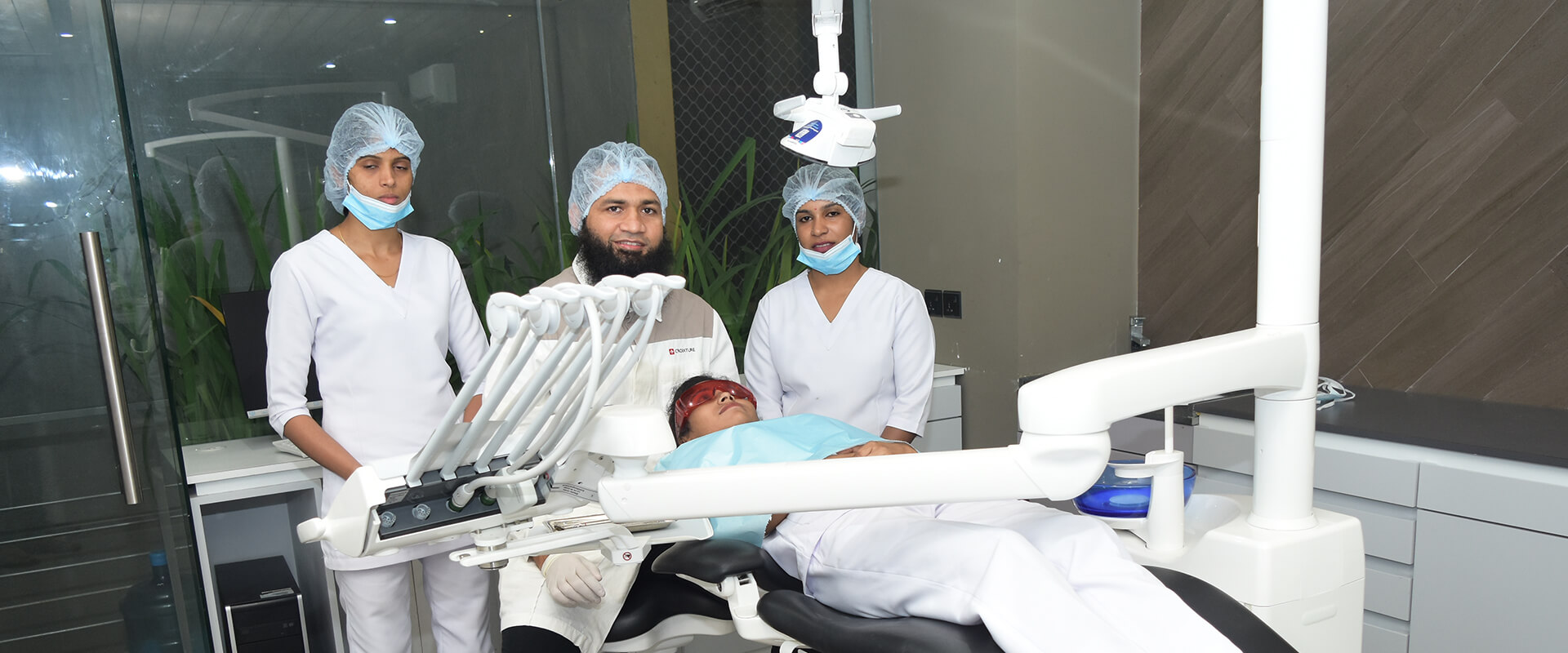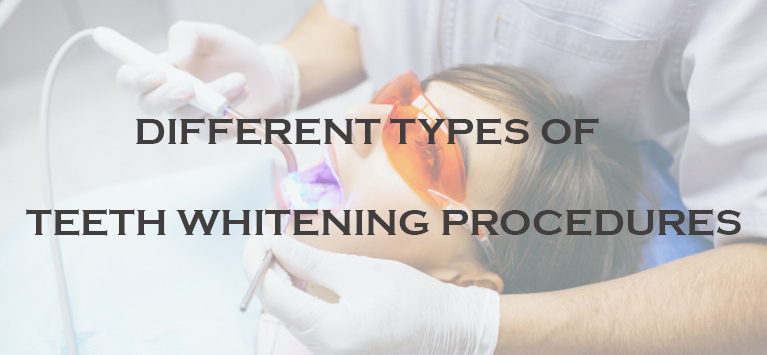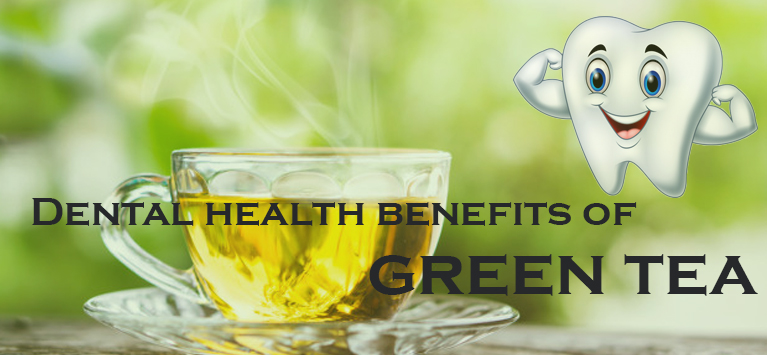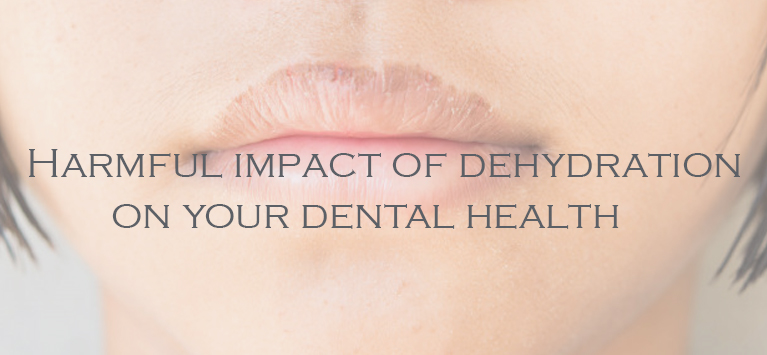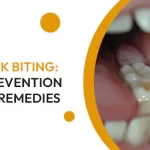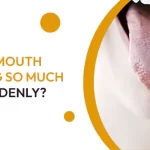Bad breath or Halitosis is a common dental problem similar to periodontal issues and tooth decay. People with this disorder hate to open their mouths and speak freely because of the nasty smell in their mouth. This problem affects their daily life as nobody likes to talk with them or stand near them due to the unpleasant odor.
The food particles stuck on our mouth is breakdown with the help of bacteria. This bacteria release some compounds with a bad smell that is responsible for the bad breath.
Bad breath occurs not only due to these bacteria but also because of other health issues. However, if you suffer from bad breath, the first step you have to take is a dental examination. There are some main reasons for bad breath, they are
- Poor oral hygiene
- Some drugs and medications
- Smoking
- Dry mouth
- Other health issues
Based on these reasons bad breath can occur in different ways. They are
Diabetes breath
One diabetic patient’s human body produces less insulin. Therefore his/her body requires to burn higher fat. Such a process of burning fat delivers a chemical called “ketone” The ketone is another factor behind the mouth’s nasty odor.
Chronic kidney failure is another cause of bad breath in diabetes. It produces fishy or ammonia smell. Also called uremic fetor, the volume of urea in the saliva will be high and its breakdown to ammonia produces the smell.
Liver breath
Liver breath occurs due to liver failure that produces sweet and rotten odor in the mouth.
Drug breath
Consumption of certain drugs and medications dries your mouth by absorbing saliva. Medicine to treat diseases like asthma, obesity, and Parkinson’s disease are strong to produce poor drug breath.
Gut breath
Some stomach acids are produced if our digestive system is disturbed or obstructed. These acids are responsible for bad breath, which falls under the division of gut breath.
Menstrual breath
Women gets easily affected by gum diseases during the menstrual period. During this period the secretion of saliva in their mouth will be less. Due to this their mouth gets dried easily leading to bad breath.
Lung breath
Lung infections are the reason for lung breath. Some of the main lung infections included here are Bronchitis, emphysema, pulmonary abscess, pneumonia, and TB. It is the primary symptom of lung cancer. Other problems like cystic fibrosis and Asthma also produce bad breath.
Tonsil breath
Two tiny pads of glandular tissues located at the edge of our throat are called tonsils. If some food particles get stuck between them, it becomes harder and develops into tonsil stones. These tonsil stones are also a reason for bad smell in the mouth.
Metabolic breath
Consuming foods that have low carbohydrates and fewer nutrients is also one of the reasons for bad breath. In fast foods, there will not be any sufficient nutrients, which makes it difficult to burn fats. To burn more fat, ketone is produced, that is a reason for bad breath.
These are some of the types of bad breath occurs due to various health issues. People who get affected due to halitosis doesn’t know whether the problem occurred due to oral issue or other health issues. However, visit a dentist to know the reason for your bad breath and prevent any disease early.





